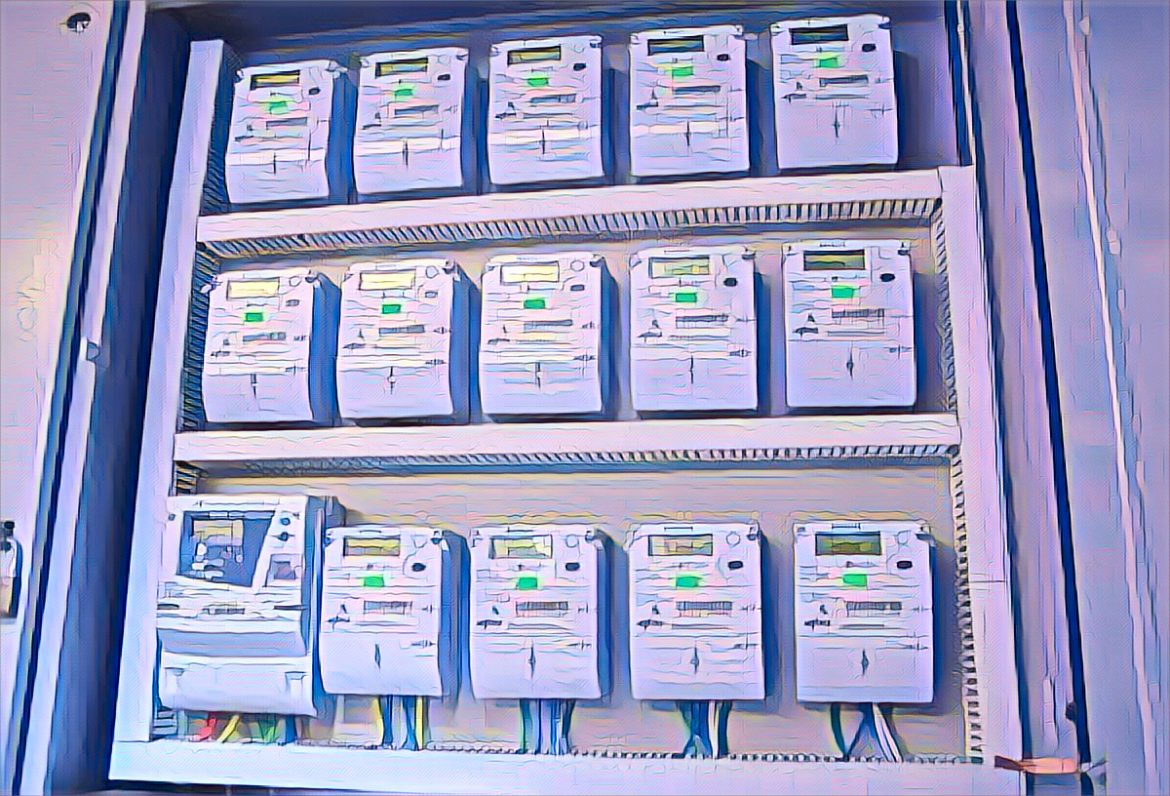The Nigerian government has embarked on a plan to ensure all unmetered Band A electricity customers are equipped with meters by the end of September. This announcement was made by Adebayo Adelabu, the Minister of Power, during the BusinessDay conference titled “Powering Nigeria’s Energy Future: Addressing Infrastructural Challenges for Sustainable Energy Development” held in Lagos.
Band A customers, who benefit from 20-24 hours of electricity supply daily, are considered high priority in the government’s push to improve the efficiency and billing accuracy of the nation’s power supply. As part of this initiative, the government has allocated N20 billion for the procurement of electricity meters, aimed at addressing the needs of these customers promptly.
“We are releasing N20 billion for the electricity distribution companies to procure meters for the unmetered Band A customers before the end of September,” Adelabu stated. This funding is part of a broader strategy involving various stakeholders in the energy sector to enhance the distribution and availability of power across the country.
The urgency of this metering initiative is compounded by recent adjustments in electricity tariffs. The Nigerian Electricity Regulatory Commission (NERC) announced in April that the new rates would jump from N66/N77 per kilowatt-hour to N225 per kWh. This rate increase is part of a plan to reduce subsidies for 2024 by approximately N1.14 trillion, following an estimation in January 2024 that the federal government would spend N1.6 trillion on electricity subsidies for the fiscal year.
Despite these rate increases, a significant number of Nigerian electricity consumers remain unmetered. According to data from the NERC and the National Bureau of Statistics, over seven million customers do not have proper metering devices, which complicates billing accuracy and impacts the financial health of the power sector.
To tackle this widespread issue, the government has laid out a comprehensive strategy to boost meter availability. “The government has put in place the required framework to enable a supply of 1.5 million meters into the power sector through the World Bank Distribution Support Recovery Program,” Adelabu explained.
Additionally, the Presidential Metering Initiative is set to further expand access to meters. “The Presidential Metering Initiative will ensure an additional 2 million meters will be procured annually for 5 years. This will ensure accurate billing, reducing revenue loss and improving cash flow for a more liquid power sector,” Adelabu added.
These efforts are part of a concerted push by the Nigerian government to address infrastructural challenges within the energy sector, aiming to improve service delivery and financial stability. By ensuring that all high-priority customers are properly metered, the government hopes to enhance transparency and efficiency in electricity consumption and billing, leading to a more sustainable energy future for Nigeria.


